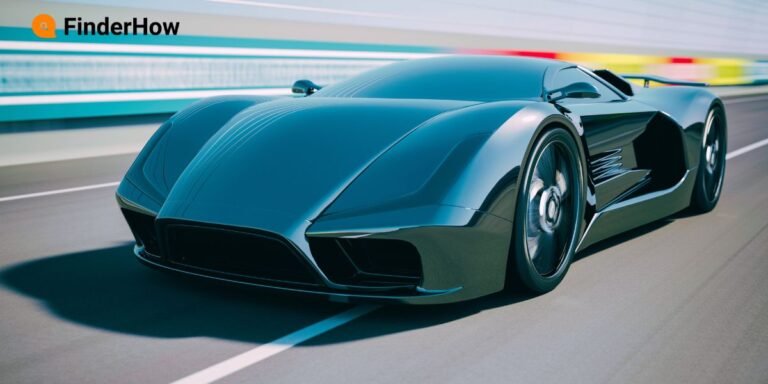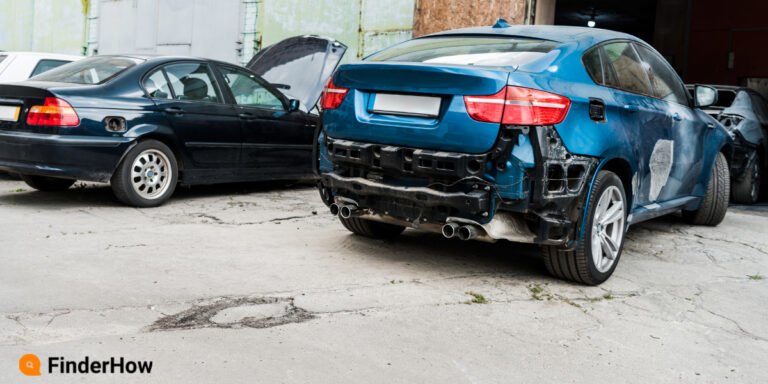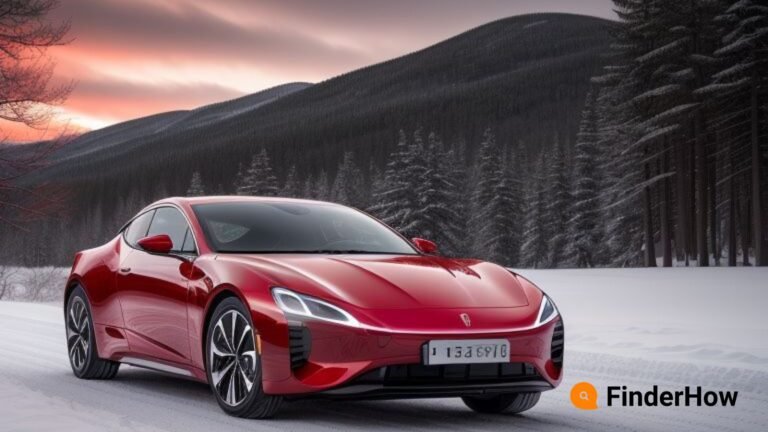Types of Car Batteries The Most Common ones
Car batteries are an essential component of any vehicle, providing the necessary power to start the engine and operate various electrical systems. Over the years, several types of car batteries have been developed, each with its own advantages and disadvantages. In this blog post, we will explore the most common types of car batteries and discuss their characteristics, applications, and maintenance requirements.
1. Lead-Acid Car Batteries:
Lead-acid batteries have been the most widely used type of car battery for many decades. They consist of lead plates immersed in a sulfuric acid electrolyte solution. Lead-acid batteries are known for their reliability, affordability, and ability to deliver high current outputs. They are available in two main variants:
– Flooded Lead-Acid (FLA) Car Batteries: FLA batteries are the traditional type of lead-acid batteries. They require regular maintenance as they can lose water due to evaporation. FLA batteries also produce hydrogen gas during charging, which needs to be vented out to prevent the risk of explosion.
– Valve-Regulated Lead-Acid (VRLA) Car Batteries: VRLA batteries, also known as sealed lead-acid batteries, are maintenance-free and do not require adding water. They feature a valve that regulates the release of excess gas during charging. VRLA batteries are further classified into two types:
– Absorbent Glass Mat (AGM) Batteries: AGM batteries use a fiberglass mat soaked in electrolyte between the lead plates. This design allows for better shock and vibration resistance, making them suitable for vehicles with demanding electrical systems.
– Gel Batteries: Gel batteries use a thickening agent to immobilize the electrolyte, creating a gel-like consistency. This design enhances their resistance to vibration and allows for installation in various orientations.
2. Lithium-Ion Car Batteries:
Lithium-ion (Li-ion) batteries have gained popularity in recent years due to their high energy density, lightweight construction, and longer lifespan compared to lead-acid batteries. While they are commonly used in electronic devices, Li-ion batteries are also being adopted in electric and hybrid vehicles. The advantages of Li-ion batteries include:
– Higher Energy Density: Li-ion batteries can store more energy per unit weight and volume, allowing for increased driving range in electric vehicles.
– Fast Charging: Li-ion batteries can be charged at a faster rate compared to lead-acid batteries, reducing the time required for recharging.
– Longer Lifespan: Li-ion batteries typically have a longer lifespan than lead-acid batteries, resulting in reduced maintenance and replacement costs over time.
However, it is important to note that Li-ion batteries are more expensive than lead-acid batteries and require sophisticated battery management systems to ensure safe operation.
3. Nickel-Metal Hydride Car Batteries:
Nickel-metal hydride (NiMH) batteries were once a popular choice for hybrid vehicles before the emergence of lithium-ion technology. NiMH batteries offer a good balance between performance, cost, and environmental impact. Some key features of NiMH batteries include:
– Moderate Energy Density: NiMH batteries have a lower energy density compared to lithium-ion batteries but higher than lead-acid batteries.
– Reliable Performance: NiMH batteries are known for their reliability and ability to deliver consistent power output over their lifespan.
– Environmental Friendliness: NiMH batteries are considered more environmentally friendly than lead-acid batteries due to their lower toxicity levels and recyclability.
Despite their advantages, NiMH batteries have gradually been replaced by lithium-ion technology due to the latter’s superior energy density and longer lifespan.
In conclusion:
Types of car batteries come in various forms, each with its own set of characteristics and applications. Lead-acid batteries, including flooded and valve-regulated variants like AGM and gel batteries, have been the most common type for many years. However, lithium-ion batteries are gaining popularity in electric and hybrid vehicles due to their higher energy density and longer lifespan. Nickel-metal hydride batteries, although less commonly used today, offer a good balance between performance and cost. The choice of car battery depends on factors such as the vehicle’s electrical system requirements, budget, and desired lifespan.





